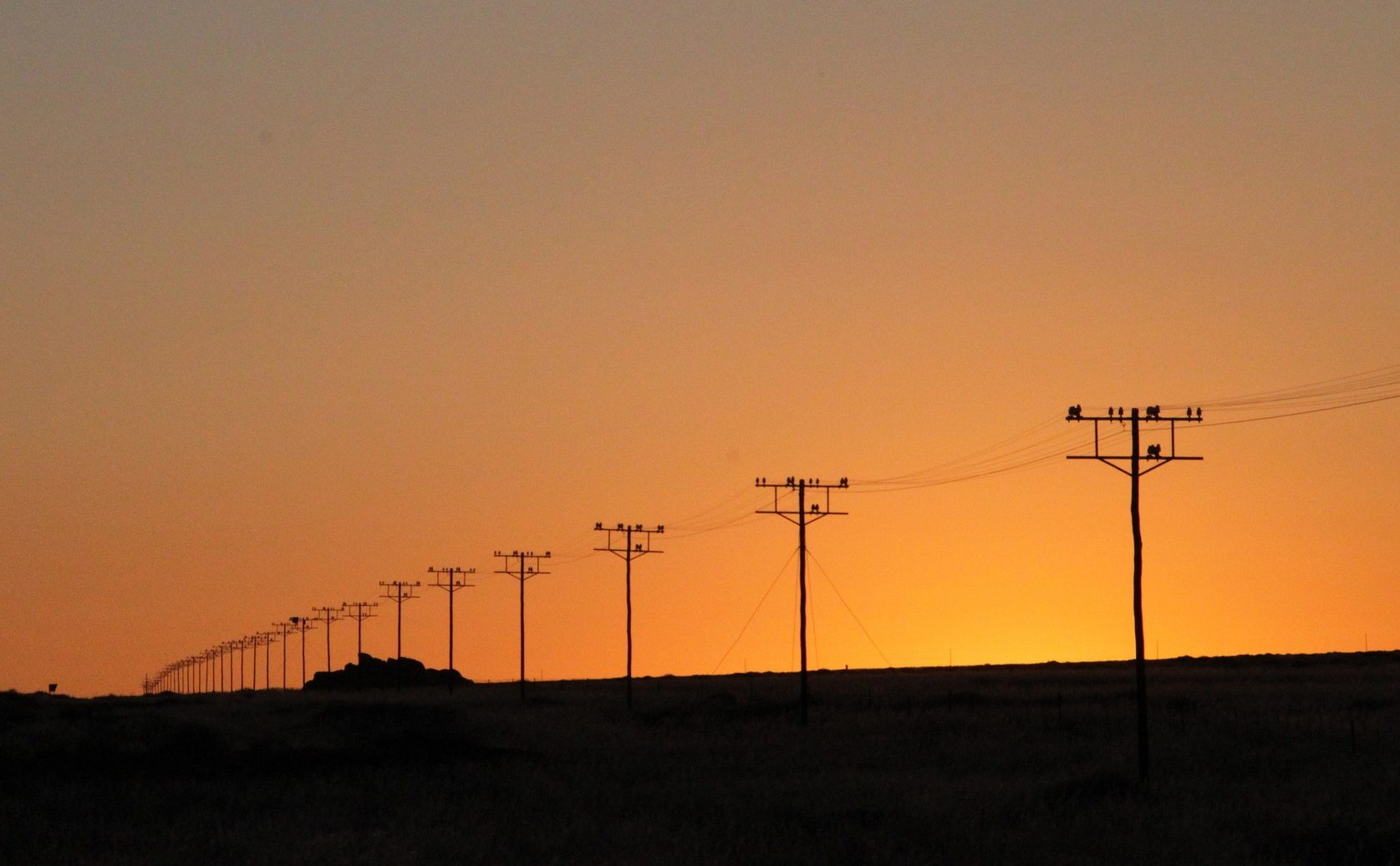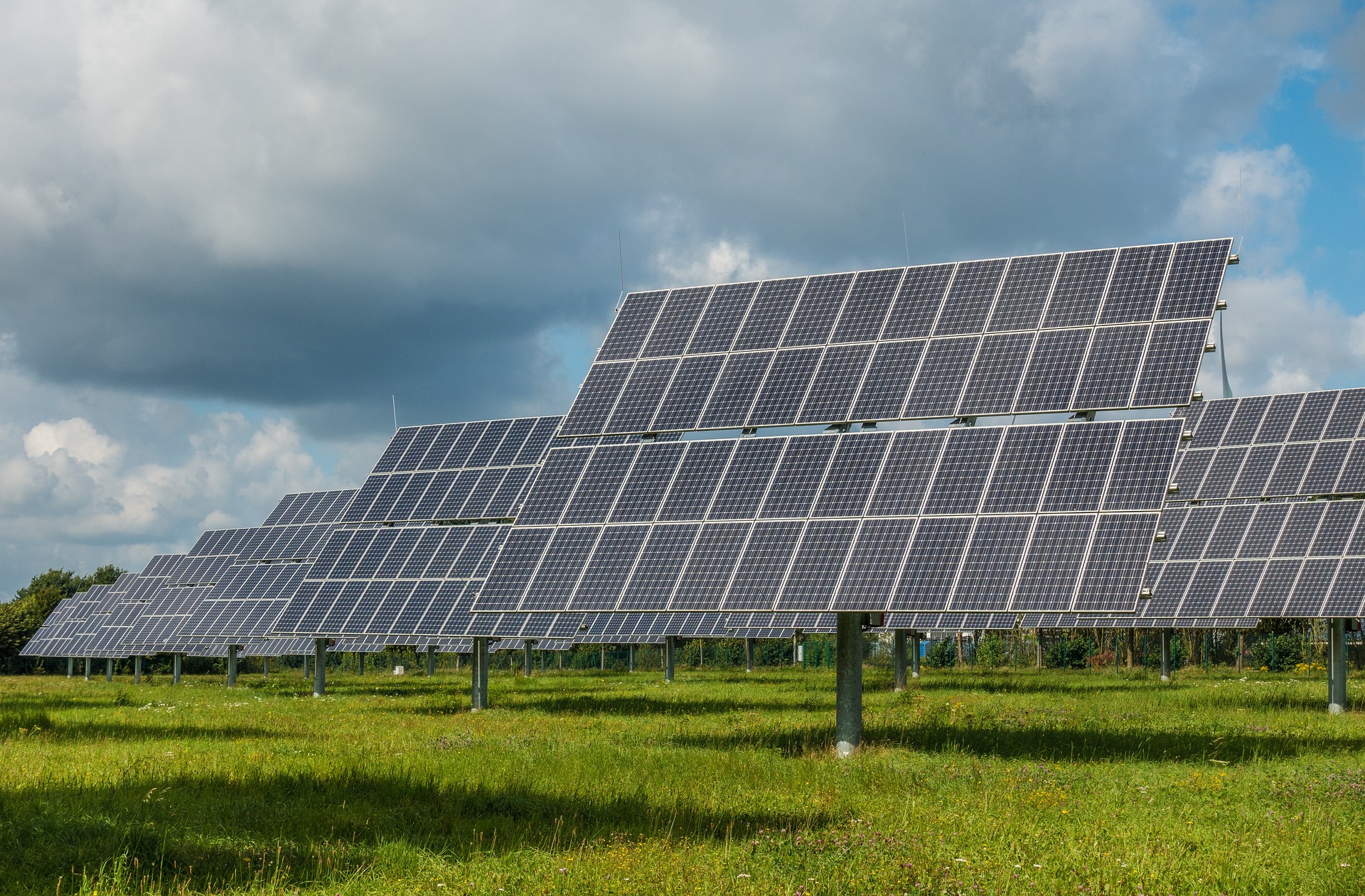
The aim is to ensure that most of the electricity needed to meet future demand is generated by domestic power plants.Continue reading

The Hungarian solar industry has experienced great development, with the biggest expansion last year when 1.6 gigawatts of solar panels were installed, the Energy Minister announced at a press conference in Brussels on Monday.
Csaba Lantos, who was attending a meeting of EU energy ministers, said that by the beginning of this year, more than six gigawatts of solar panels had been installed in the country. He added that last year, 18 percent of the electricity generated came from solar panels, and
Hungary is in second place in the EU in this comparison.
He pointed out that the target of six gigawatts should have been reached only by 2030, but as Hungary had already met it, the target was raised to 12 gigawatts by the end of the same period.
In this spirit, the government has announced various programs and subsidies, including the Solar Plus program that supports families in the production and storage of green energy. He pointed out that in addition to solar power, there is a need for balancing capacity to store the electricity generated by solar power.
The minister noted that the EU’s climate targets for 2050, require 80-90 gigawatts of solar panels per year, but the EU produces only two gigawatts. He said that Europe should not compete with U.S. or Chinese production, but should ensure its competitiveness in this field through innovative technology.
Lantos pointed out that Hungary, together with the Czech Republic, Slovakia, and Austria, had written to the European Commission because the transit tariff on Russian gas imposed by Germany was raising costs and threatening the competitiveness of their industries.
Our position is that no one should introduce measures that impose higher costs on individual Member States without justification. We are also in favor of diversifying gas supplies, but not at the cost of putting others at a disadvantage,”
the Minister said.
On the future of the nuclear industry, he said that in recent years the EU has provided much less funding for the sector, but has since, partly as a result of climate change, reclassified nuclear energy as green energy in its taxonomy regulation and reintroduced subsidies. The issue of how to recycle used fuel from power plants will be on the agenda during the Hungarian EU presidency, he added.
The minister also said that
the country supports the extension of the Russian-Ukrainian gas transit contract that expires at the end of 2024, despite the fact that Hungary is currently not supplied from this direction.
According to Lantos, gas demand reduction in the EU has worked well and energy prices have stabilized. The reduction rate set by the EU was 15 percent, and Hungary achieved 19 percent, he said. He pointed out that the gas demand reduction is one of the EU’s attempts to overstep national competences, and Hungary therefore rejects the idea of a common gas consumption rate in the EU. “There is no objection to the European Commission making recommendations, but we are against any obligation to encroach on national competences, such as in the energy sector,” the Energy Minister said.
Via MTI, Featured image: Pixabay